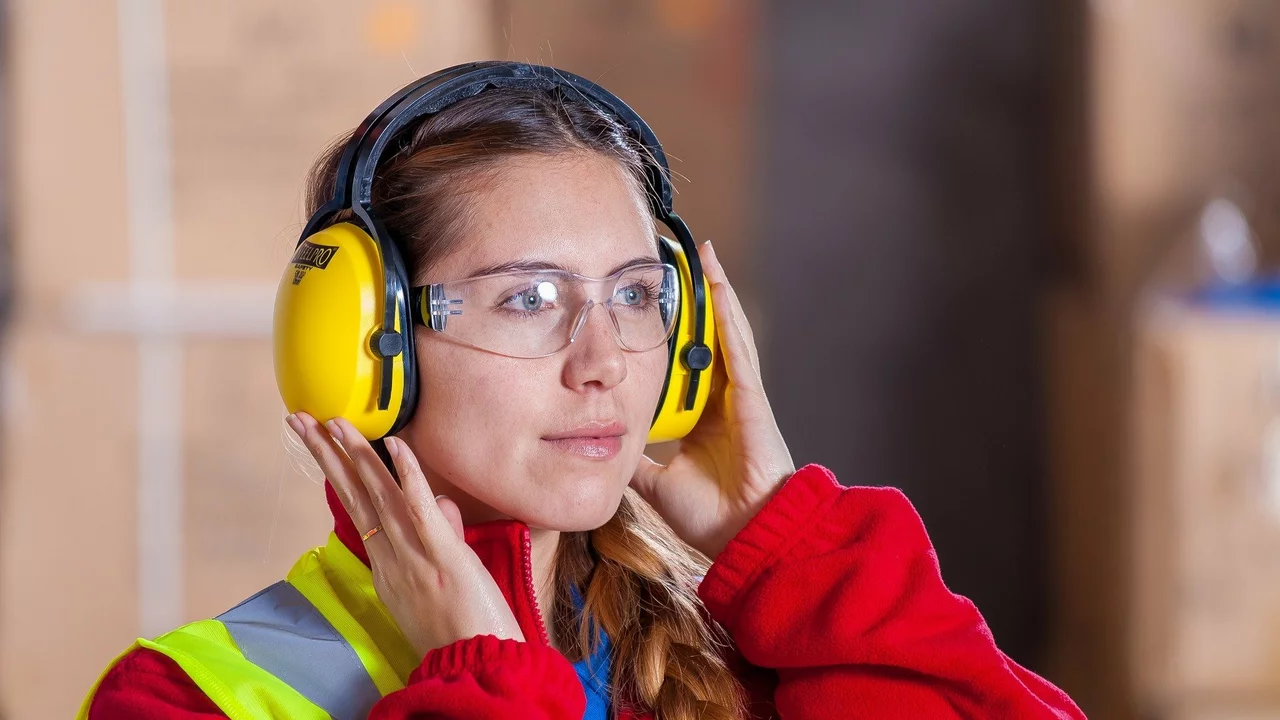Hearing problems can be slow and sneaky or sudden and scary. If you’ve noticed sounds getting duller, trouble following conversations in noise, or ringing in your ears, this page gives clear, practical steps: quick home checks, signs that need fast care, and the most common treatments you’ll run into.
Common causes are simple to understand. Age-related hearing loss shows up gradually and usually affects both ears. Loud noise—concerts, power tools, earbuds at high volume—can cause permanent damage. Earwax can block sound and is easy to fix. Middle ear infections or fluid make hearing worse but often improve with treatment. Also, some medicines can harm hearing: certain antibiotics (aminoglycosides), chemotherapy drugs like cisplatin, loop diuretics, and high-dose aspirin or NSAIDs. Keep a current list of meds to share with your provider.
Do a couple of simple checks at home to help describe your problem later. Cover one ear and talk at a normal volume, then switch—if one side is clearly worse, that’s important to note. If you hear much worse in background noise, that often points to inner-ear (sensory) loss. Red flags that need prompt care: sudden hearing loss in one ear, severe pain, ear drainage, fever, or new balance problems. Sudden hearing loss is an emergency—try to get seen within 72 hours for the best chance of recovery.
An audiologist will run an audiogram to map which pitches you miss. An ENT (ear specialist) may add tympanometry to check for fluid or middle-ear issues. Treatments depend on the cause. Earwax often clears with softening drops (mineral oil or 3% hydrogen peroxide) used for a few days, or professional removal—don’t poke with cotton swabs. Infections may need antibiotics or steroid drops. Sudden sensorineural loss is often treated with oral or injected steroids if started quickly. Permanent inner-ear loss is managed with hearing aids, implantable devices, or cochlear implants for severe cases.
Protect hearing now: lower headphone volume, use foam earplugs at loud events, and follow a simple 60/60 idea—no more than 60% volume for 60 minutes before a break. For noisy jobs, use certified hearing protection and routine hearing checks after age 50 or sooner if you’re exposed to loud sound.
What to bring to a clinic visit: a list of current medicines, a clear timeline of when symptoms began, any recent loud noise exposure, and notes about situations where hearing is worse. People sometimes bring a short voice recording that shows what they can’t hear.
If you want more, our site covers ear-friendly medication choices and which drugs can affect hearing. A proper hearing test beats guessing—get tested, ask questions, and choose the right fix for your situation.

Hey folks, let's dive into the world of ear health, shall we? First off, noise in the workplace - the silent villain. We need to make sure we're not cranking up the volume too much, unless you're into the whole "What? I can't hear you!" thing. Secondly, protective gear is your best buddy here, think of it as a knight's armor for your ears, pretty cool, huh? Lastly, regular hearing check-ups, because it's always better to catch any issues early. Remember, your ears are your friends, treat them kindly!
View more